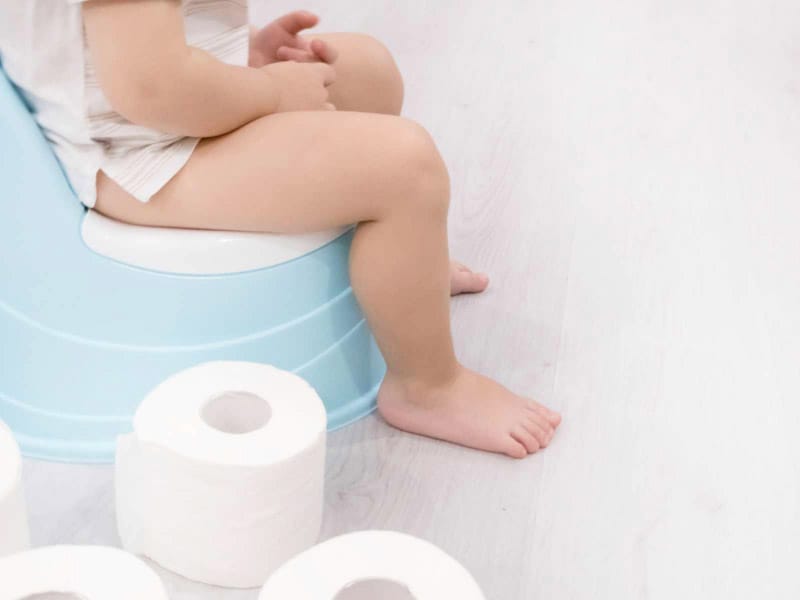
Why Does My Child Keep Getting Constipated?
Constipation is a common problem among children, causing pain, discomfort, and frustration. As a parent, it is distressing to see your child struggling with infrequent or hard bowel movements. While occasional constipation is normal, frequent episodes may indicate an underlying issue. Children experience constipation due to dietary habits, lack of physical activity, stress, dehydration, and other factors. Finding the right solution is essential because if not managed properly, constipation can lead to abdominal pain, loss of appetite, and even serious complications.
The good news is that constipation is treatable with simple lifestyle changes such as proper hydration, regular physical activity, and a fibre-rich diet. Let’s explore some of the common causes of childhood constipation and their solutions.
1. Low-Fibre Diet
A major cause of constipation in children is a low-fibre diet. Fibre adds bulk to stools, helping them move easily through the intestines. If a child consumes too much processed or junk food and not enough fruits, vegetables, and grains, constipation can occur. Foods like white bread, chips, fast food, and sweets lack fibre and slow down digestion. To prevent constipation, include fibre-rich foods such as apples, bananas, carrots, oats, and whole grains in their diet. Pair fibre-rich foods with plenty of water to ensure smooth digestion.
2. Not Drinking Enough Water
Dehydration is another leading cause of constipation. When the body lacks enough fluids, the intestines absorb more water from the stool, making it hard and difficult to pass. This leads to pain and discomfort during bowel movements. Children often forget to drink water when they are playing or distracted. If your child’s urine is dark yellow, it may be a sign of dehydration. Ensure they drink enough fluids throughout the day, including water, coconut water, and fresh juice. Avoid sugary drinks and soda, as they can worsen constipation.
3. Lack of Physical Activity
Physical activity plays a crucial role in digestion by keeping the intestines active. When children spend too much time watching TV, using mobile devices, or playing video games, their digestive system slows down, making bowel movements difficult. Encourage your child to engage in 30 to 60 minutes of physical activity such as running, cycling, and jumping, which can improve digestion and prevent constipation. Even simple movements like yoga or stretching can help. If your child is inactive, now is the time to add physical activities to their daily routine.
4. Holding in Stool
Many children ignore the urge to poop, which leads to constipation. This may happen because they are too busy playing, afraid to use public restrooms, or feel discomfort. Holding in stool makes it harder and drier, making it more painful to pass. Encourage your child to use the bathroom regularly, especially after meals. If they are afraid of pain, using a mild stool softener can help. Create a bathroom routine by setting fixed times and making the process stress-free.
5. Medical Conditions
Sometimes, constipation in children is due to underlying medical conditions such as food allergies, thyroid problems, or irritable bowel syndrome (IBS). If constipation is painful and persistent, and is accompanied by symptoms like vomiting, blood in the stool, or weight loss, it’s time to consult a doctor. Certain medications can also cause constipation, such as iron supplements and pain relievers. For children with chronic constipation, a doctor may recommend dietary changes, probiotics, or other treatments.
Constipation is common in children but can be treated and prevented with simple lifestyle changes. A fibre-rich diet, proper hydration, and regular physical activity are essential for good digestion. By following these steps, you can help your child develop healthy bowel habits and avoid future digestive issues.


